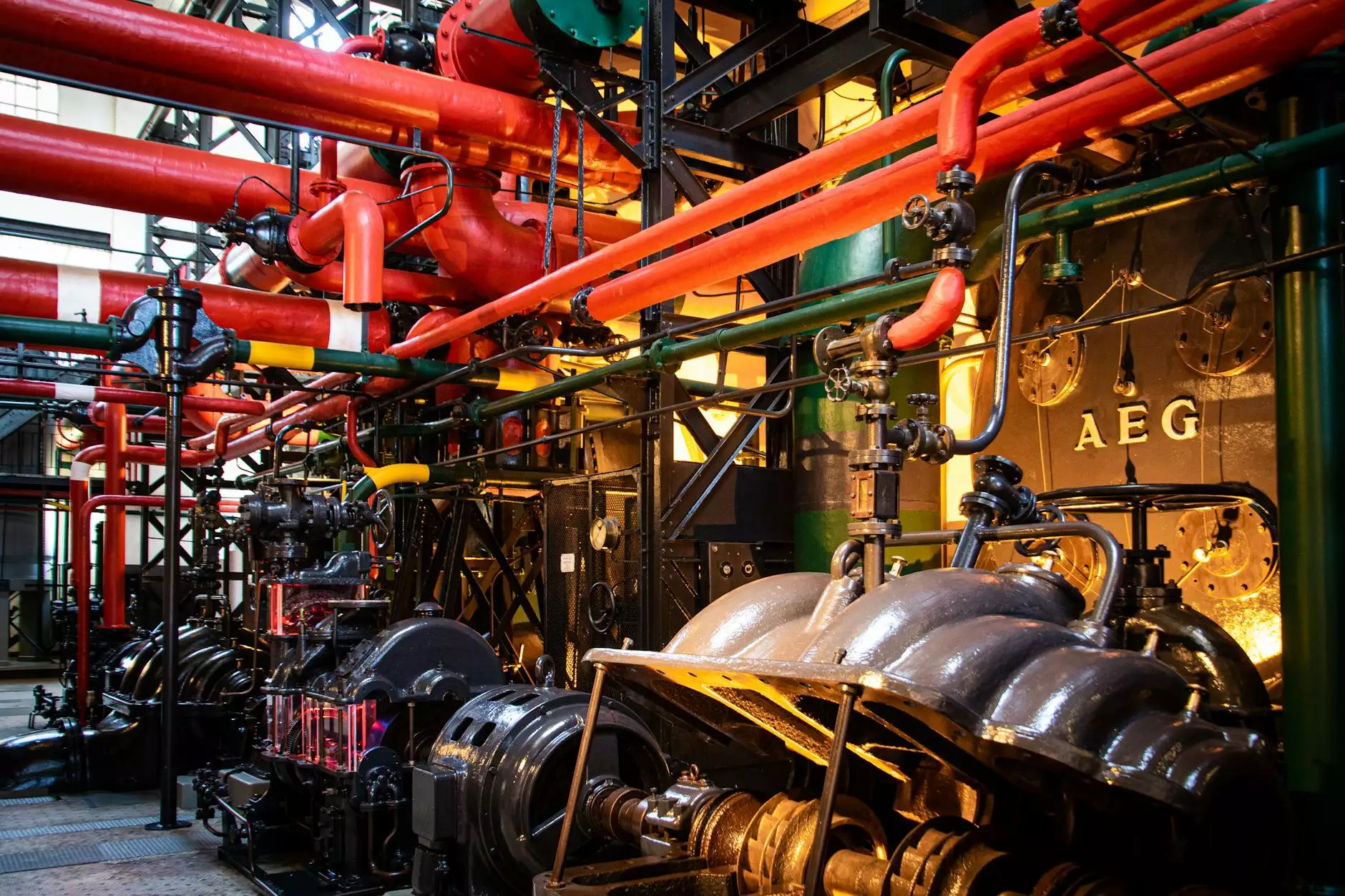HVAC System Efficiency Ratings
Blog
Welcome to Alpine Heating & Air Conditioning's comprehensive guide on HVAC system efficiency ratings. In this detailed article, we will discuss everything you need to know about HVAC system efficiency ratings, their importance, and how you can choose the right system for your specific needs.
Understanding HVAC System Efficiency Ratings
When it comes to heating, ventilating, and air conditioning (HVAC) systems, efficiency is key. HVAC system efficiency ratings determine how well a system can generate heating or cooling while minimizing energy usage. These ratings provide valuable information for homeowners, helping them make informed decisions when it comes to selecting an HVAC system for their homes.
There are two primary efficiency ratings to consider when evaluating HVAC systems:
- SEER Rating (Seasonal Energy Efficiency Ratio): This rating measures the cooling efficiency of an air conditioner or heat pump. The higher the SEER rating, the more efficient the system is at cooling your home, resulting in lower energy consumption and reduced utility costs.
- AFUE Rating (Annual Fuel Utilization Efficiency): This rating is specific to furnaces and boilers that utilize fuel to provide heat. AFUE measures the efficiency at which fuel is converted to heat. A higher AFUE rating indicates greater fuel efficiency, reducing heating costs and ensuring optimal energy usage.
The Importance of Choosing the Right Efficiency Ratings
Choosing the right HVAC system efficiency ratings is crucial for several reasons. Firstly, an efficient system will save you money in the long run by reducing energy consumption and lowering utility bills. By investing in a high-efficiency HVAC system, you can significantly decrease your carbon footprint and contribute to a more sustainable future.
Additionally, selecting the right efficiency ratings ensures that your HVAC system can effectively heat or cool your home, providing optimal comfort and indoor air quality. Energy-efficient systems are designed to regulate temperature more effectively, resulting in consistent and even airflow throughout your living spaces.
Factors Affecting Efficiency Ratings
Several factors can influence HVAC system efficiency ratings. Here are some key considerations:
- System Size: Ensuring the system is properly sized for your home is essential. Systems that are too small may struggle to heat or cool adequately, while oversized systems may cycle on and off frequently, wasting energy.
- Insulation and Sealing: Proper insulation and sealing of your home play a vital role in maintaining energy efficiency. Well-insulated homes retain conditioned air, reducing the workload on your HVAC system.
- Maintenance: Regular maintenance, including filter changes and system cleaning, is crucial for optimal efficiency. Neglected systems can become clogged or malfunction, leading to decreased efficiency and potential breakdowns.
- Climate: Consider your local climate when choosing efficiency ratings. If you reside in a region with extreme temperatures, opting for higher efficiency ratings can help combat the challenging weather conditions more effectively.
Choosing the Right System for Your Needs
Now that you understand the importance of HVAC system efficiency ratings, it's time to choose the right system for your needs. Here are some helpful tips:
- Assess Your Home's Requirements: Consider your home's size, layout, and insulation quality. Determining the heating and cooling needs specific to your living spaces will help guide your choice.
- Consult with a Professional: Reach out to a reputable HVAC service provider like Alpine Heating & Air Conditioning. Our experienced technicians can assess your home's needs and recommend the most suitable system based on your budget, preferences, and energy-saving requirements.
- Compare Efficiency Ratings: Evaluate the SEER and AFUE ratings of different systems to determine their energy efficiency. Look for models with higher ratings to ensure optimal performance and energy savings.
- Budget Considerations: While energy-efficient systems may have a higher upfront cost, they can offer long-term savings through reduced utility bills. Consider the overall cost of ownership rather than just the initial investment.
Remember, choosing the right HVAC system efficiency ratings is an investment in your comfort, savings, and environmental impact. Alpine Heating & Air Conditioning is here to help you make an informed decision and provide you with top-notch HVAC installation services.










